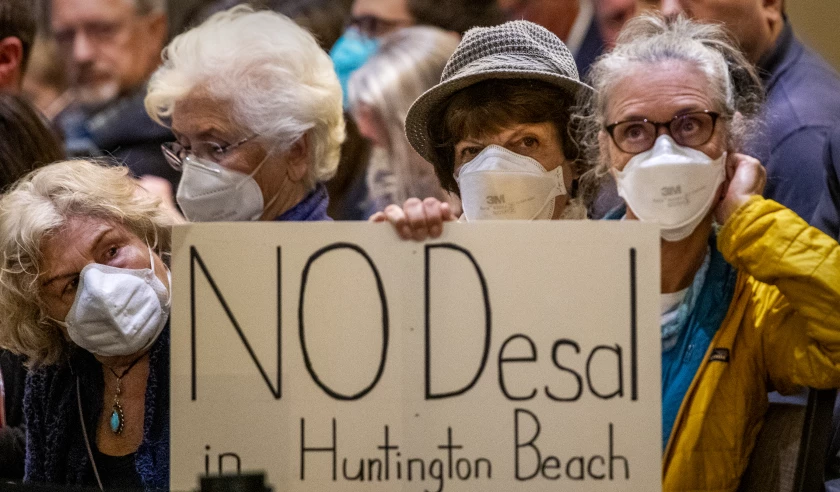Big Oil wants to be your neighbor, take action to make them a good neighbor
Living in Southern California means having oil drilling somewhere nearby. It has been this way for almost 100 years. Just look at historic photos of communities like Huntington Beach and there are forests of oil derricks. Big Oil likes being your neighbor, and as a California resident, you just had to live with this fact until a newly passed law. The law suggests that Oil and Gas interests have been a bad neighbor. Apparently, they have been a bad neighbor to enough Californians to get a law put on the books to kick them out and keep them out starting next month.



